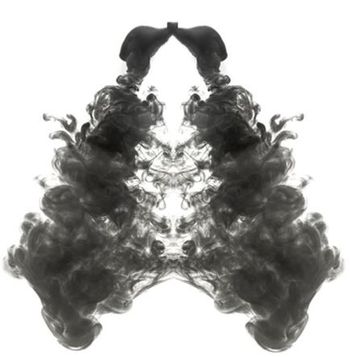
Symptom Clusters and Biomarkers in COPD
The CASCADE study found the biomarker of inflammation CRP associated with higher COPD symptom burden.
Symptom burden in COPD is high and also heterogeneous, with patients experiencing different patterns of the same symptoms, ie, dyspnea, fatigue, depression. There is some evidence to suggest that disparities in symptom experience may be related to the individual ability to respond to stress, physical and psychological, through changes in pro- and anti-inflammatory cytokines.The current study is a descriptive analysis of data from the The COPD Activity: Serotonin Transporter, Cytokines and Depression (CASCADE) cohort that is following COPD patients to better understand the biological causes and functional consequences of depression.
Newsletter
Enhance your clinical practice with the Patient Care newsletter, offering the latest evidence-based guidelines, diagnostic insights, and treatment strategies for primary care physicians.

































































































































